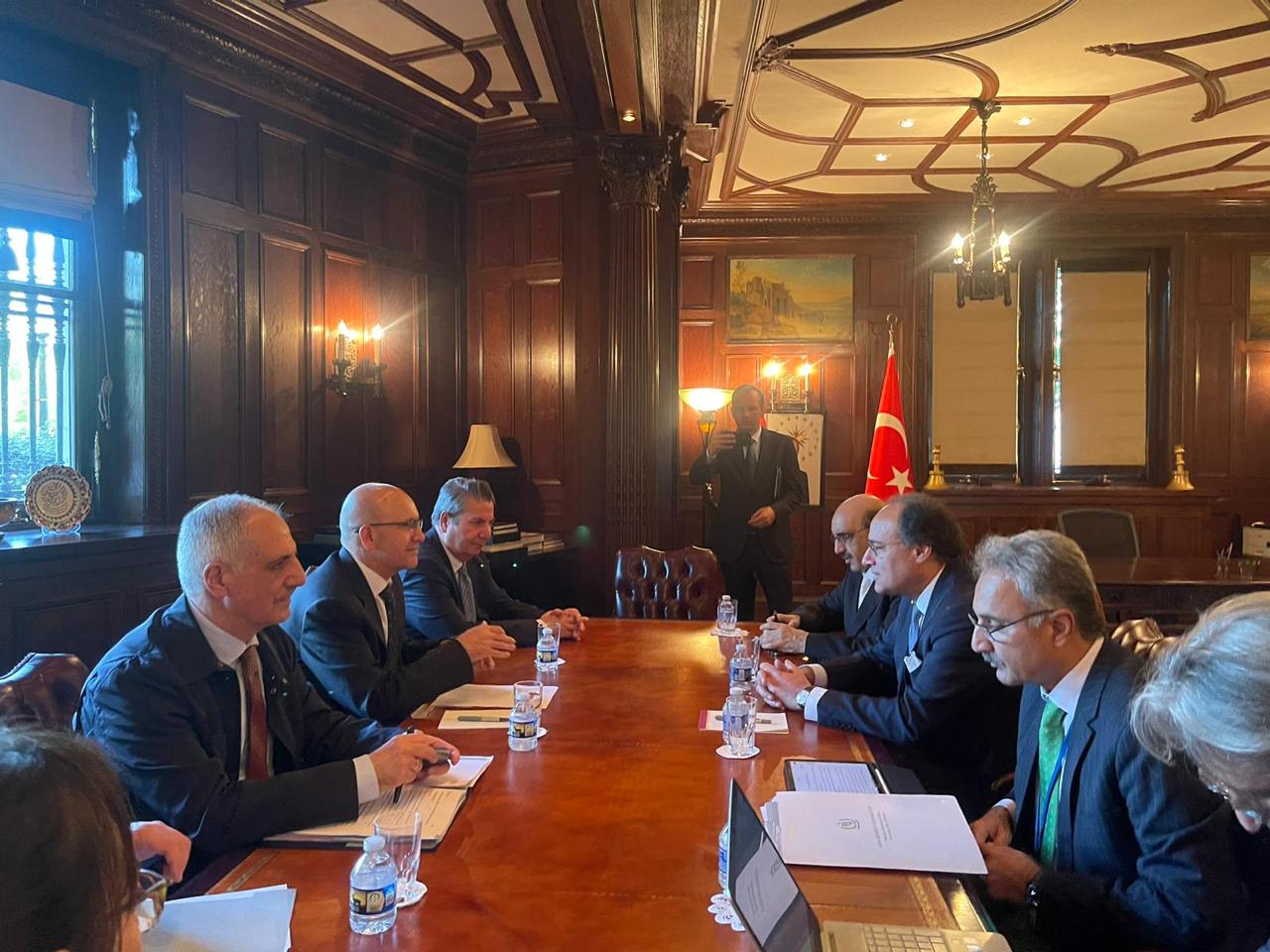The Sindh government has embarked on a critical phase of its Safe City Project with the rollout of new, security-enhanced number plates for cars and motorcycles. According to Sindh Excise and Taxation Minister Mukesh Kumar Chawla, the new plates are essential for making Karachi safer, but implementation delays, public distrust, and allegations of exploitation by agents and officials threaten to derail the initiative.
During a detailed briefing, Minister Chawla stressed that the success of the Safe City Project hinges on the full implementation of these new number plates. So far, the Excise Department has issued approximately 2 million plates for vehicles and motorcycles in Karachi. The modern plates are designed with advanced features such as barcodes, 3D holograms, and special threading in the background. These features allow cameras to read the plates clearly, even at night, making them essential for automated surveillance and crime prevention.
Chawla pointed out that plates available in the open market lack these security features, rendering them unreadable by smart surveillance systems. The use of such unauthorized plates undermines the very purpose of the Safe City Project.
The journey to implementing these number plates has been long and fraught with legal hurdles. Originally introduced in 2011 through a competitive bidding process involving both local and international vendors, the initiative faced multiple setbacks. Various political parties obtained court-ordered stays that delayed progress through 2013 and again from 2014 to 2018.
Eventually, after the last stay order was lifted in 2021, the government decided to proceed through a government-to-government contract, assigning the manufacturing responsibility to the National Radio & Telecommunication Corporation (NRTC). The NRTC has previously handled similar projects in Punjab, Balochistan, and Khyber Pakhtunkhwa.
The Safe City Project officially began in 2018. Since then, around 12,000 surveillance cameras have been installed across Karachi. The new number plates are a key component of the integrated data system, linking vehicle registration information with police and traffic departments.
So far, 800,000 plates were manufactured in the first batch by NRTC, followed by an additional 1.2 million plates in the second phase. Chawla revealed that approximately 5 million vehicles and motorcycles are currently estimated to be in use in Karachi. Accurate registration and issuance of secure number plates are crucial to maintaining reliable vehicle data and improving law enforcement.
The Excise Department has also reached a significant milestone by achieving a revenue target of Rs20 billion for the fiscal year 2024–25. The fee structure for the new number plates is Rs2,450 for cars and Rs1,850 for motorcycles. Commercial and government vehicles receive yellow and green plates respectively, while private vehicles are issued white plates.
Despite the government’s push, public dissatisfaction is growing. Vehicle owners have raised concerns over delayed plate deliveries and reliance on third-party agents. Muhammad Danish, a car owner, shared that he had to pay an agent Rs10,000 to get his plate processed. Similarly, Sohail Khan, a motorcycle owner, reported that even after three months of submitting his application, he had not received his plate. Another resident, Muhammad Faiz Ahmed, admitted to using a duplicate plate made from the market due to his mistrust in the system.
In response to these issues, Minister Chawla stated that strict action will be taken against what he termed the “agent mafia.” He advised citizens to avoid middlemen and instead utilize the Excise Department’s one-window facility for all registration and plate issuance services.
The controversy, the All Pakistan Organisation of Small Traders and Cottage Industries Karachi recently criticized the plate replacement initiative. In a statement, they claimed that Rs8 billion was being extorted from Karachi’s citizens and traders under the guise of new motorcycle plates, particularly the Ajrak-themed ones. They urged the Chief Justice of Sindh to take suo motu notice, labeling the campaign as a “broad daylight robbery.”
They further alleged that police officials were exploiting the situation to collect bribes and harass business owners and daily commuters.




